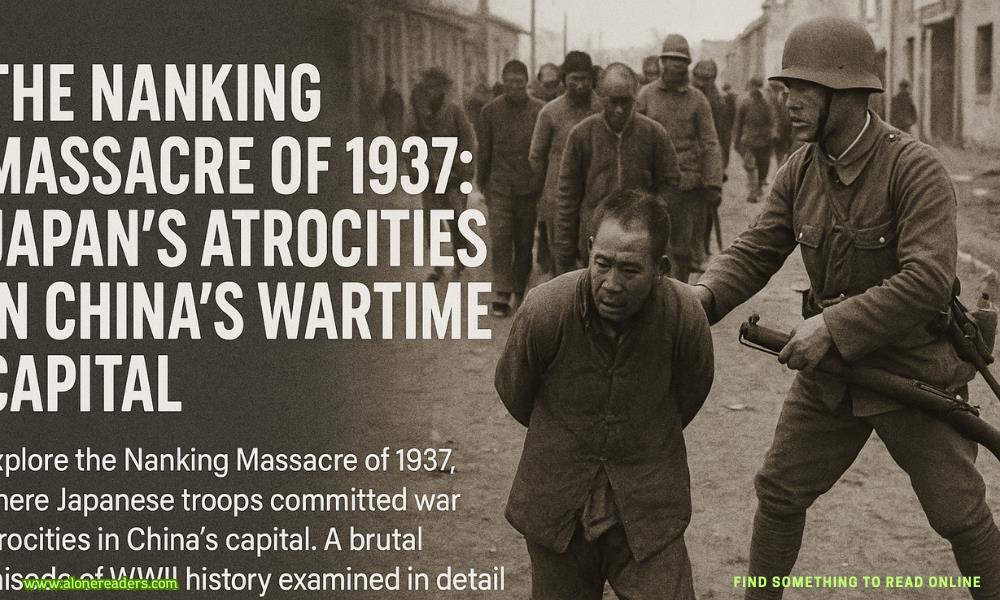Page 23 of The Truth You Told
The CD player cranked up inside, a heavy bass vibrating down into the ground where they sat.
“I’m filling in for a psych nurse,” Beau said, breaking their comfortable silence. “She’s going on maternity leave.”
Beau was in oncology usually, but psych was where he wanted to end up. Sometimes she wondered if that had to do with Max. “Hey, congrats.”
“Just a short-term thing,” he said, ducking his head, bashful. She was the older of the two of them, but he always carried himself like he was twenty-two going on fifty. Until she was reminded in moments like these, Shay really did forget sometimes that he was just a sweet kid.
“It’ll give you experience and networking opportunities,” Shay said, like she actually knew what she was talking about. What the hell did she know about networking? What would she ever? Still, Beau tucked a smile away in the corners of his mouth, like anything could happen.
They drank the rest of the six-pack in silence, watching the sky go all sorts of colors in a gorgeous Texas sunset.
This had been a good day.
She wouldn’t let herself catastrophize about the gun or even the possibility of Beau deciding to apply to other hospitals if he liked this psych rotation as much as she expected him to.
No one was going to find the weapon, and if they did, it would never get traced back to Shay.
And if Beau moved on, as he had every right to do?
Well, she’d survive, she supposed.
That’s all she’d ever done. She was an expert at it now.
EXCERPT FROM PSYCHIATRIST DR. TORI GREENE’S PERSONAL NOTES ON MAXINE BAKER
Maxine Baker is a bright and astute child. Her IQ classifies her as a genius, but she does a remarkable job of hiding that intelligence. She was referred into my care by a colleague who realized she could not help the girl. I’ve found that’s often the case with children as smart as Maxine—she does not want a psychiatrist and so she will sabotage any attempts made by professionals to connect with her.
Although I try to come to each patient with a fresh slate, it was imperative to understand Maxine’s backstory before our first consultation.
There are unsubstantiated but believable reports that she was physically and sexually abused by her father, who will henceforth be known as James. James and Maxine’s mother Hillary—a textbook narcissist—shared 50-50 custody, although it seems that Max was mostly raised by the two siblings who are currently her guardians.
They helped provide some stability in what appears to be a chaotic childhood for the girl.
None of this is the reason she is in my care.
At eleven, Maxine discovered James shot dead in the front entryway of their house. According to the police report, she checked for a pulse and then called emergency services.
Because of the traumatic event, it was recommended—strongly—to her new guardians that she should seek mental health services. In my experience, this was a highly unusual move. One, because it was notcourt-ordered, which is what I usually see. And two, because her path to me was with specialists who work with violent children. That had me trying to read between the lines.
I soon realized that everyone involved in Maxine’s case, from the detectives to the custody judge, believed that she was the one who shot her own father. There was never enough evidence to convict, but they didn’t want to miss an opportunity to intervene if needed.
Maxine is too young to be given a diagnosis of borderline personality disorder, but the psychiatrist who referred her to me suggested in her discharge files that she was on the watch for further developing symptoms, as a patient can receive a BPD diagnosis if she has shown symptoms for a year.
However, I see no signs of BPD with Maxine. Although she demonstrates a clear fear of abandonment to the point of self-harm, she’s not showing any of the other major signs, such as severe emotional swings, explosive anger and impulsive decisions.
If she was involved in the death of her father, it was not because she has a personality disorder.
While I believe I’m making progress with Maxine, ultimately, I don’t believe I’m the right psychiatrist for her. I will be recommending that she switch care to my colleague with PTSD experience once he has an opening.
In my personal opinion, Maxine is neither a danger to herself nor to others.
CHAPTER SEVEN
Raisa
Now
Everyone was capable of killing. Raisa had learned that long ago.
- The Christmas Eve Delivery by Ava Gray
- Silver Fox Mountain Daddies by Roxy Monroe
- Mortify by Elizabeth Knox
- Forbidden Sins by M. James
- Saved By a Knight by Lena Little
- Beastly Boss by Cameron Hart
- Wild Daddy by Dani Wyatt
- Reluctantly Yours by Missy Walker
- The Biker's Forbidden Craving by Khloe Summers
- Made for Reign by Stella Banks
- The Merciless Don's Bride by Ashlie Silas
- Forsaken Vows by Shantel Davis
- Zero Chance by Linda Kage
- Soul to Possess by E.M. Adams
- Sweet SIN Slaughterhouse by Kinsley Kincaid
- Marked By Him by Sienne Vega







